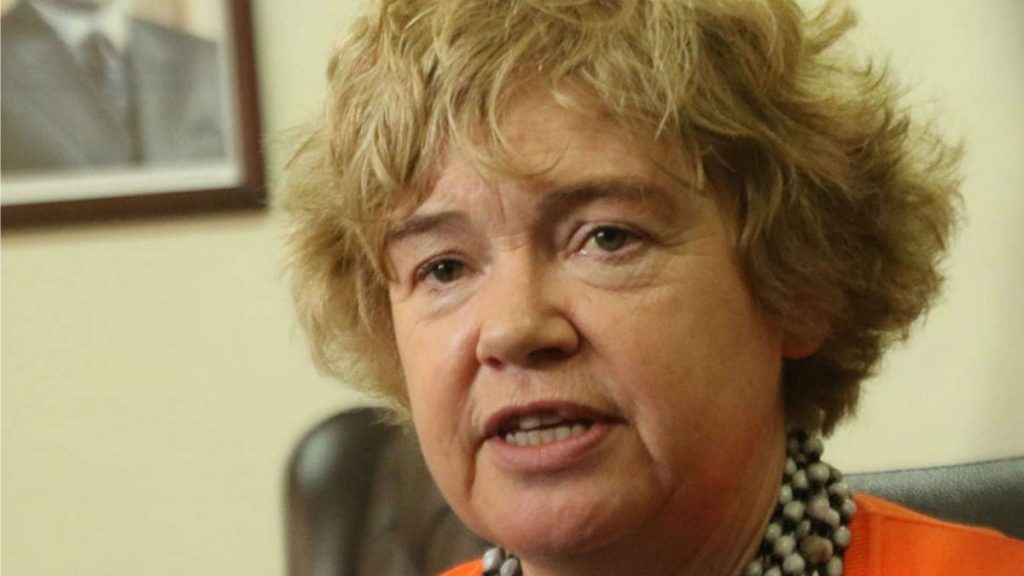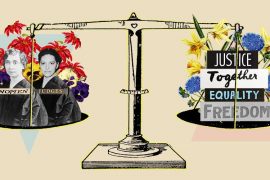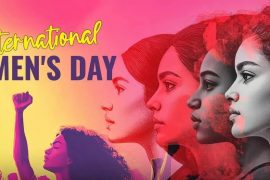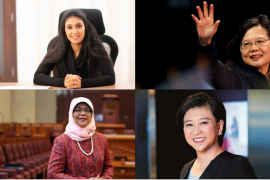British High Commissioner to Nigeria, Catriona Laing, has reiterated the UK’s commitment to promote women and girls’ rights and help unleash their potential wherever they live.
Laing made the remarks during the graduation of about 2,400 girls trained in digital skills through the “DigiGirls Digital Empowerment” programme across Nigeria by CyberSafe Foundation.
DigiGirls Digital Empowerment is a UK-supported programme that equipped girls on digital skills like Digital Marketing, E-Commerce, Data analytics and Graphic Design, among other skills that would enable them to have access to gainful employment within and outside Nigeria.
She said that Women’s rights are human rights, enshrined in conventions that the UK government supports strongly.
‘When we challenge discrimination and gender inequality, such as the digital gender divide in Nigeria and many places around the world, we #breakthebias for everyone to benefit,’ the high commissioner stated.
She explained women and girls are disproportionately impacted by climate change, natural disasters and conflict because they exacerbate existing inequality and barriers in accessing services and support.
‘Yet, women are critical front-line responders when a crisis hits and are crucial voices in decision-making processes – if given the space to be heard. The participation of civil society groups, including women’s organisations, makes a peace agreement 64% less likely to fail, and we know that the benefit of reducing conflict in other countries is felt in many other countries of the world,’ she said.
Speaking on what the British government is doing to support Nigeria to close the gender gap, Laing said: ‘The UK supports Nigeria in its bold ambition to create 100 million jobs in 10 years, and we believe that the Digital Economy can play a significant part in unlocking this.
‘That is why we are pleased to be here today at the graduation of the first cohort of 2400 women and girls who benefited from the Digi-Girls project.
‘We are also delighted that, as announced last month by the UK’s Minister for Africa, during her visit to Nigeria, we can expand this project to benefit an additional 4000 women directly and reach a further 10,000 women through the train the trainer approaches.
‘We believe that such programmes will help address the digital inequality in Nigeria – that currently holds a 15 per cent gender gap against women,’ Laing said.





Comments are closed.